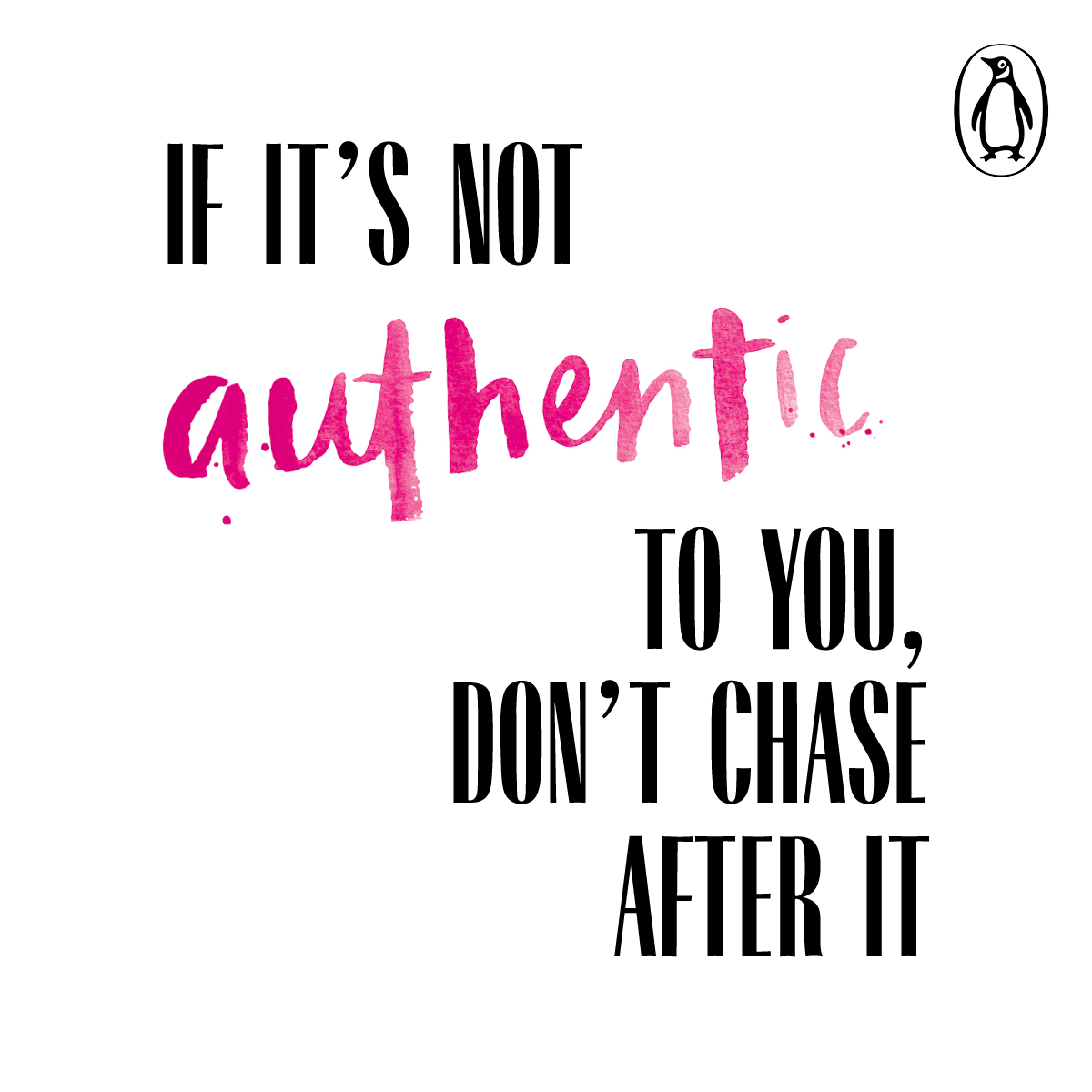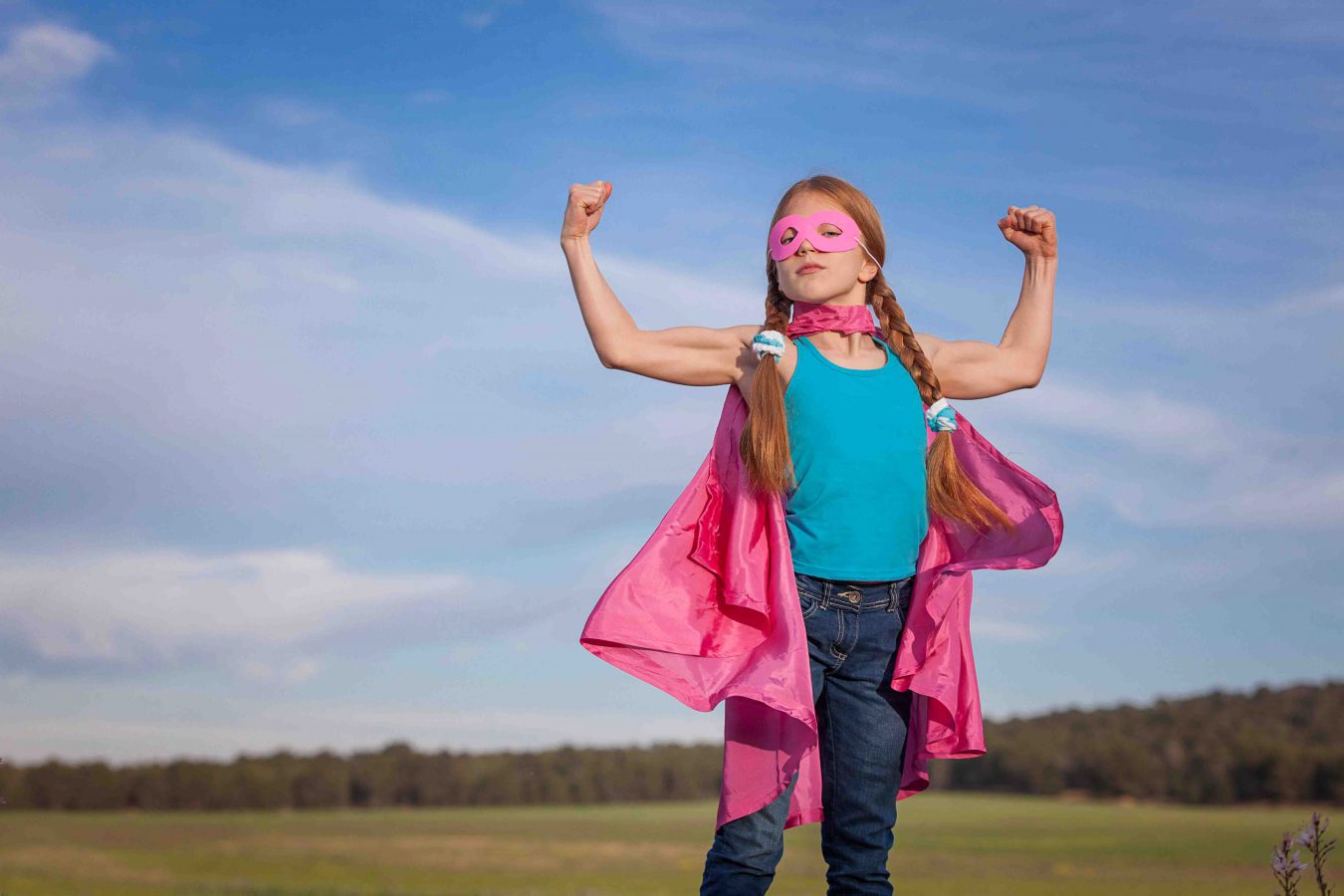
We speak to author Bec Brown about her new book to help young people pursue careers in the creative industries. She gives parents and carers some tips and ideas to encourage their creative kids, in this Q&A with Natalie Moutafis.
Bec Brown is a highly-regarded public relations professional in the arts, and wants to prepare the next generation of creative thinkers to embark on rewarding careers in the creative industries. It can be challenging, but she says you can succeed – if you set your mind to it.
When did you realise a career in a creative industry was what you wanted to do?
I’ve moved from being a professional singer and performer into being a public relations professional, and both careers were a result of early influences.
I grew up on a farm near the Flinders Ranges in South Australia and this was in the 80s and early 90s, pre-internet and social media. We only had two channels to watch on the TV so you relied on your creativity to make your own fun.
Dad was a pastor so I grew up singing at church on Sundays which was where we discovered I had the makings for a good voice. During school holidays I’d rent all the great musicals from the local video store – The Sound of Music, Oklahoma, My Fair Lady, Phantom of the Opera – and it wasn’t long before I was dreaming about one day being in musicals on Broadway or London’s West End. When I turned 13, once a week Mum or Dad would drive me to vocal lessons, 50 kms away from our home.
I was also a huge reader which then sparked a love of writing, storytelling and the media. Reading was something I loved to do and was actively encouraged by my parents. I soon read every book we had in our house, and made my way through the little library at our country primary school. I’d be first in line for the mobile library truck that’d roll into town each month. It was through reading and learning how a great story was told that my love of writing then developed. I was also very interested in the media from an early age – whether that was reading newspapers or magazines, listening to the radio or watching TV. I loved hearing about other people’s lives and was fascinated by how some people could be so entertaining, and also how much influence they could yield.

Did you take subjects in high school that helped you form this decision?
At high school, I naturally gravitated towards subjects like English, history, and drama. My local high school in the country didn’t offer music as a subject so I left home at 15 and boarded with family friends in the city to go to a special interest music high school for years 11 and 12.
In years 11 and 12, my subjects were English, music performance, music theory, music history, art, drama, biology, humanities and PE.
After that, I went to the Conservatorium of Music where I studied a Bachelor of Music. My parents were big on education and ‘having something to fall back on’. So if I wanted to be a singer, they said I should get a music degree so I had the option of becoming a music teacher if the performing thing didn’t work out.
While still studying I started performing straight away – in musicals, operas, in jazz and pop bands, and even in a children’s entertainment group. Singing took me across the world – all over Australia, the UK, Europe, New Zealand and Fiji.
When I was 25 I decided to make the career shift to public relations so while still working, I went back to uni and studied online to do a graduate diploma in media and communications, majoring in public relations.
Proof that ‘nothing is ever wasted’, the music degree helped me get my first big break in public relations – I became the National PR Manager for the world’s biggest record company, Universal Music. That degree, combined with having the insight into how musicians and artists operated, meant that I was better equipped to work with them and manage their publicity and it resulted in me working with some of the biggest names in entertainment – Katy Perry, Dolly Parton, The Rolling Stones, Sting, and many more.
Recently I completed a certificate in social psychology, also online, while still working. I think we’re so lucky to be able to continue to learn our whole lives.

Were there any extracurricular activities or creative pursuits that also helped you realise you wanted a career in a creative industry?
Growing up in the country I joined the local theatre group when I was 12 and we’d put on various musical theatre productions. Dad ended up joining in too because he had to drive me to rehearsals all the time! I was really lucky that one of the women in the community was a skilled director and pianist so she created some wonderful productions that I was able to be a part of.
Then there were all the music lessons – as a young child I learnt piano and flute, then at 13 started singing lessons. I was always in the school choir at primary school, and then when I moved to the city, was in the school choir and orchestra. To get into both the special interest music high school and then the Conservatorium of Music for uni, I needed to play at least two instruments so, for me, they were voice and flute.
From the time I was 15 I also took dance lessons across contemporary and tap. I also played a lot of sport growing up – athletics and tennis in summer and netball in winter. While at first sight that doesn’t look connected to a creative career, it was critical for me to learn that maintaining your fitness is so crucial for both your physical and mental health. It’s something that many a creative can struggle with, so having that grounding in sport helped me in my later years. There was a time where I thought that I’d go into a career relating to sport instead of music, but I injured my knee really badly when I was 14 which made me decide music would be a safer career. I thought at the time I could rely more on my brains than my body!
What advice would you give to students unsure what path to take but wanting something that is creative?
Working out what you value can really help you decide what to do next. There’s a chapter dedicated to this in You’ve Got This which takes you step by step through this process.
Like a bright light, values allow you to see a path ahead and to know which direction to move towards. And each step in this direction takes you closer to the very best life that you can choose for yourself. This suddenly makes decision-making so simple and freeing – it’s easy to make decisions about how to act if you know what your values are.
Second to your values are then working out what your passions or curiosities are. This is really important so there’s a whole chapter dedicated to working through this process in You’ve Got This too.
Once you have your values and passions or curiosities outlined, you can start to move ahead with them and that’s when you get to decide if they’re making you happy. If they are, you’re on the right path. If you’re not, you can review them again and choose another.
This advice also applies if there’s any peer pressure. By taking the time to come up with your own values and passions or curiosities, it’s easier to know what you intrinsically stand for. Not your friends, but you.
That’s the really exciting thing about life – we get to choose what’s right for us, no one else.
What advice would you give parents who are worried about potential lack of employment opportunities?
Firstly, I get it. We all want what’s best for the children in our lives.
We never truly know what the future holds for our careers, especially as the world changes. We can’t always predict what will happen to the economy and what that will mean for employment. And in coming decades, as tech develops more and more, many jobs will become automated.
But there are skills that will always be needed, no matter what happens. In creative industries, solving complex problems that involve multiple ideas, communicating with words and images, having a deep knowledge of different cultures, being familiar with new media and tech, and social and emotional intelligence will remain highly desirable.
So regardless of whether times are amazing or tough, or how tech changes the industries we work in, try and develop these skills.
Also, the following will always be true. To continue to thrive professionally you need:
- To be truly excited about what you do
- To have the skill set to do it to the highest level
- To have a market for your products or services
- To be adding more value than your competitors
- To know more about your customers than anyone else
- To try and predict what your customers need and be ready to serve it to them.
Hit all six of these and you’ll have the best possible chance of a life-long, winning career.

About the book and Bec Brown
Bec Brown is the founder and director of The Comms Department, a public relations and crisis communications agency, with more than 20 years working in the creative industry alongside people like Katy Perry and The Wiggles, and brands such as KIIS FM, Live Nation, and Amazon Prime Video.
Her book has been described by television and radio personality Amanda Keller as ‘A brilliant how-to that will help you negotiate a successful career in any creative industry with skill, heart and smarts.’
You’ve Got This – the essential career guide for creative women by Bec Brown; published by Penguin Random House; RRP $29.99.
A portion of the proceeds from every book sold will be donated to two charities that support women: Fitted for Work and Life Changing Experiences’ SISTER2sister.
Like this post? Please share using the buttons on this page
Subscribe to the Parents Website

